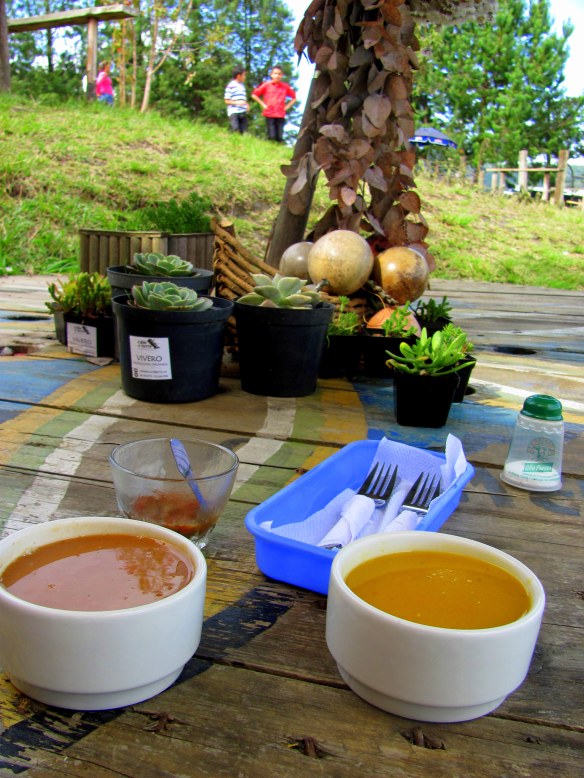In Traditional Chinese Medicine, the Spleen organ can be more closely equated with the pancreas, rather than the western spleen, whose main function is simply to store blood. The TCM Spleen is responsible for digesting food and converting it into energy, much in the way the pancreas releases insulin to allow the body’s cells to absorb ingested glucose, providing the cells with energy. Unlike the pancreas, however, the TCM Spleen is also responsible for providing warmth and vitality to the body, providing energy for immune function and the mental energy to produce industrious and creativity work. The Spleen belongs to the Earth Element and its main season is late Summer and early Fall, right around the time that students dust off their backpacks and head back to school.
Unfortunately, periods of prolonged stress, unhealthy or irregular eating habits, cold weather, cold food and mental over-work (such as studying for exams or spending long hours in class) can tax and damage the Spleen, causing a condition called Spleen Qi deficiency. This condition is characterized by loose stools, fatigue, decreased immunity and weakened digestion, such as bloating and gas.
In order to protect the Spleen and prevent Spleen Qi deficiency, the following guidelines can be followed:
1) Eat warm, cooked meals: Food that is warm and cooked decreases the work of the digestion system, which must warm up food and break it down. Precooked and warmed foods, such as soups, stews and curries, are more easily absorbed and create less work for the Spleen. Avoid raw, cold foods, which are more difficult to digest.
2) Promote digestive fire: Having some raw ginger before or during meals or adding warming spices such as black pepper, ginger, cardamom and cinnamon to food helps increase the Spleen’s ability to digest food properly. Eating pungent foods such as onions, leeks, fennel and garlic also help increase the body’s digestive fire.
3) Eat slowly and mindfully: Taking the time to relax during meal times and properly chew food reduces the amount of work that the digestion organs must do in order to break down food. Relaxing the mind and body during meal times activates the “rest and digest” parasympathetic nervous system, which optimizes the body’s ability to properly digest food.
4) Eat frequent meals: Small, frequent meals are more easily digested than large, heavy ones. Proving the body with energy in the form of food every few hours or so prevents blood sugar crashes and weakness.
5) Eat carbohydrate-rich vegetables: Seasonal, well-cooked root vegetables such as winter squash, carrot, rutabaga, parsnip, turnip, sweet potato, yam and pumpkin and legumes such as garbanzo beans, black beans and peas are easily digested and nurturing to the digestive system.
6) Stimulate the Spleen: The TCM Spleen is stimulated by sweet taste, as is the pancreas, which is stimulated to release insulin by rising blood glucose levels. However, too much sweet taste will damage the Spleen over time (consider how elevated blood sugar can cause insulin resistance). Small amounts of sweeteners and cooked fruits can provide a little bit of stimulation and energy to the Spleen, aiding in digestion and mental power. Add some rice syrup, barley malt, molasses, stewed cherries and dates to your snacks or for small desserts after meals.
7) Eat small amounts of protein: If Spleen Qi deficiency is already present, eating small amounts of protein frequently can help regenerate the Spleen’s ability to digest and absorb food and provide energy and strength to the body. Eat fatty fish, beef, chicken, turkey or lamb. Try to avoid dairy products except for organic butter and raw goat’s milk.
8) Practice mindfulness and other centering exercises: The Earth time of year is a time of centering, unity and harmony. Practicing mindful meditation or deep breathing exercises (breathing slowly and intentionally into the abdomen) help relax the body, reducing stress, mental exhaustion and burn-out, which are common at this time of year.
Reference:
Pitchford, Paul. (2002). Healing with whole foods: Asian traditions and modern nutrition: 3rd edition. North Atlantic Books: Berkeley, California.








Thanks for an informative and useful article. People underestimate the importance of the spleen.